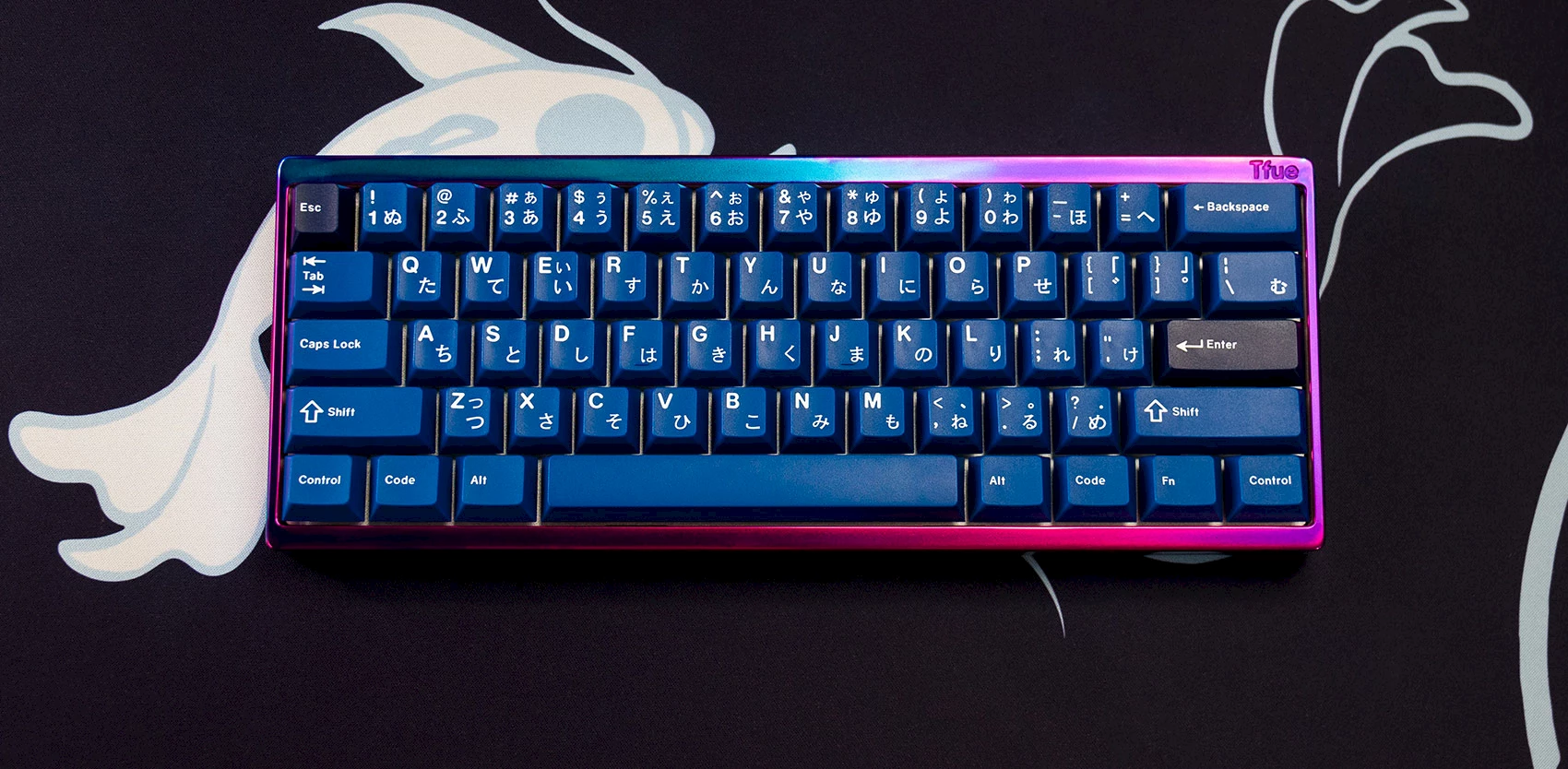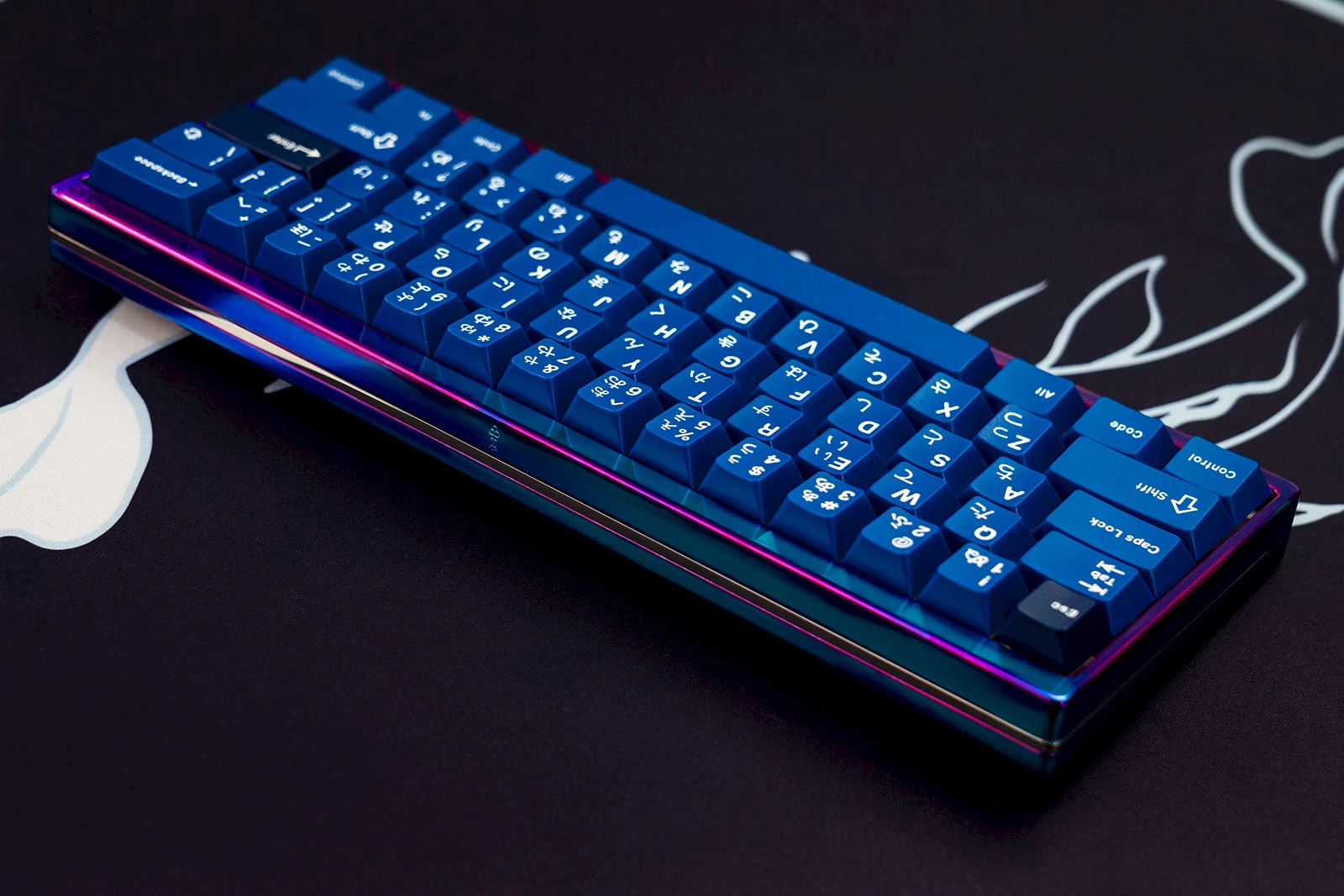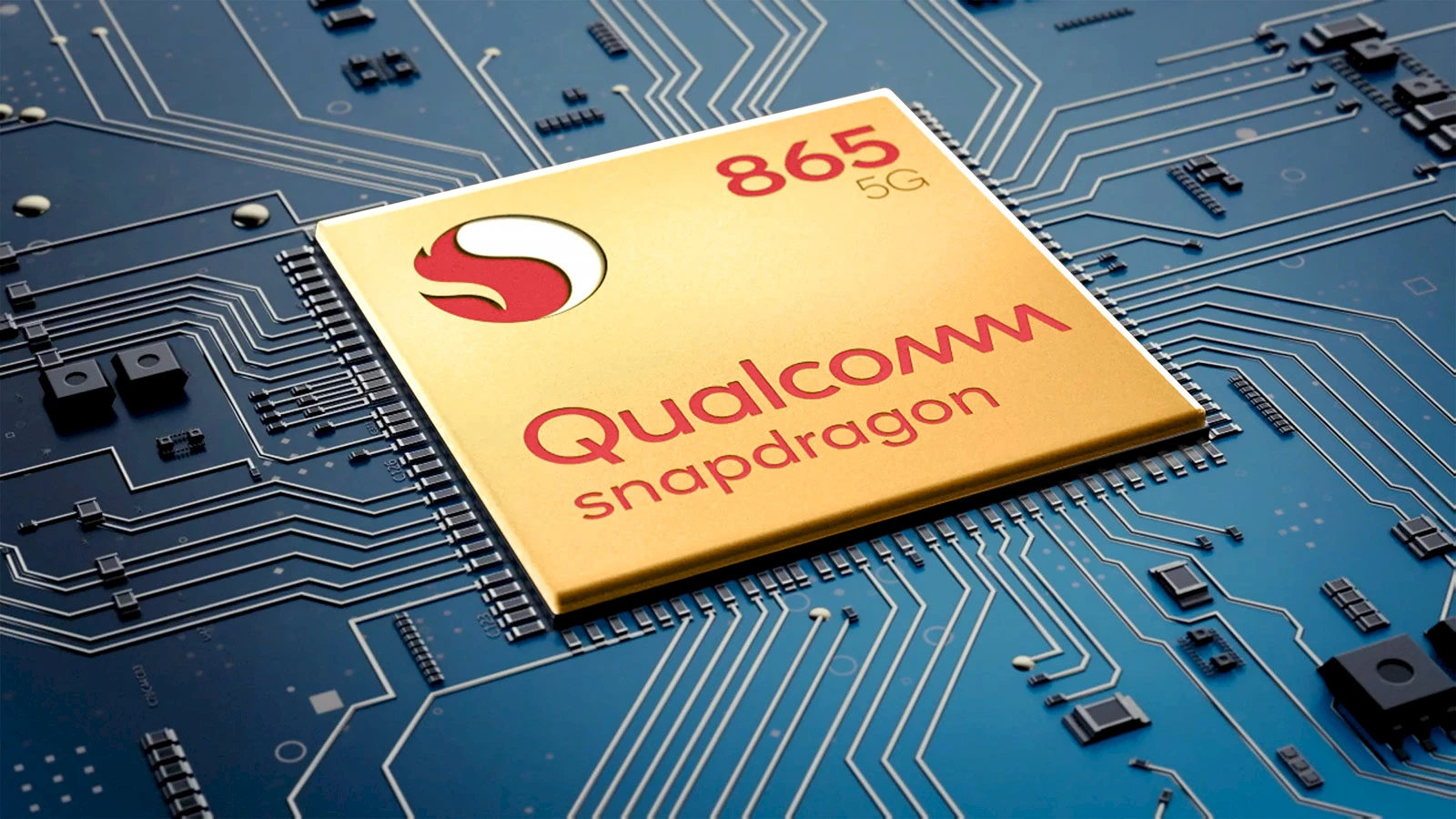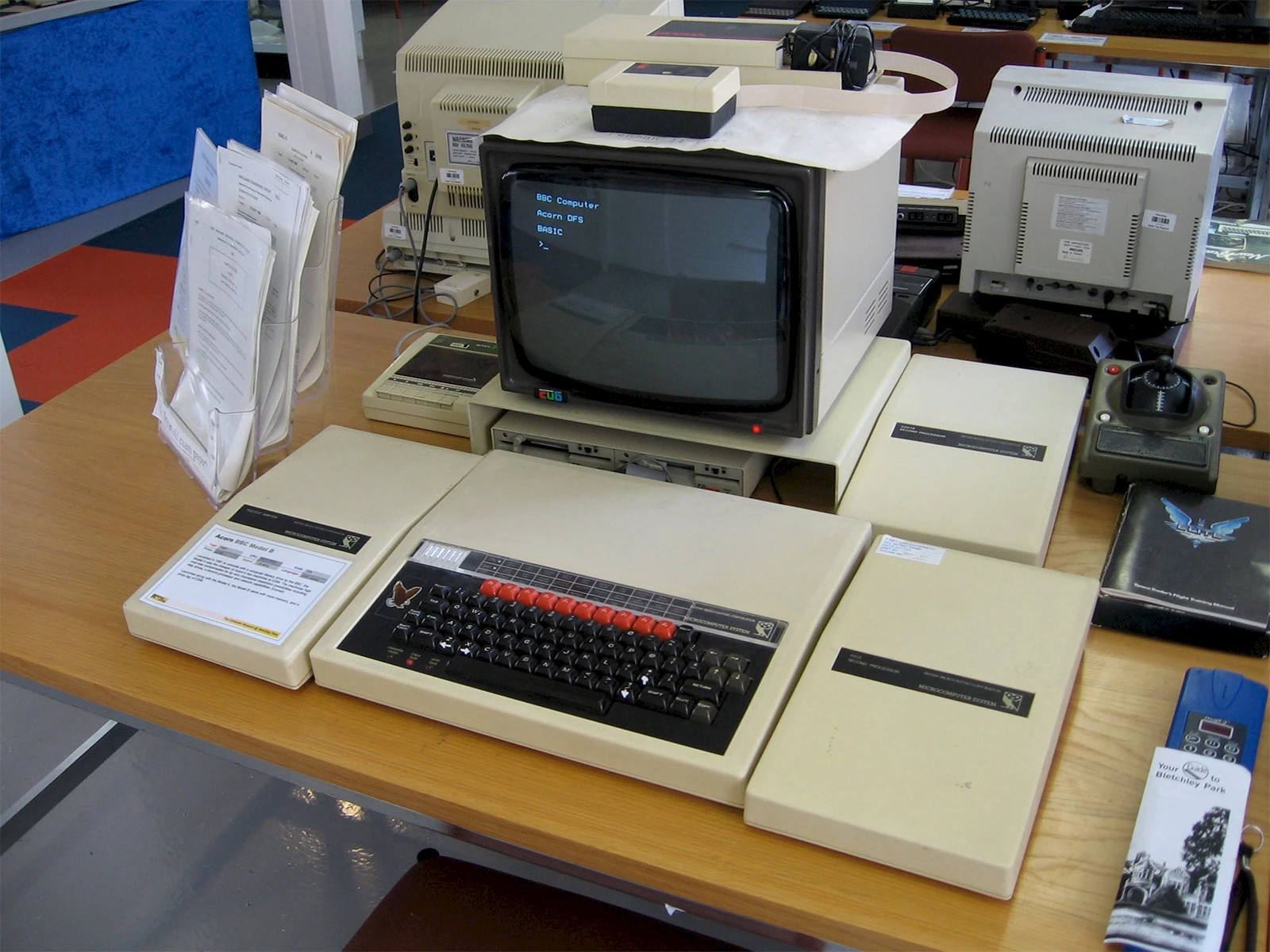Weekly Tech Recap - № 252 - Floppy disks and Linux, Taeha Types, Snapdragon 865, third-party cookies, BBC Micro Bot

Linux enhances support for… floppy disks

© iStock.
No, it’s not April 1st yet! Last year, we were getting ready to say good-bye to floppy disk drives on Linux. Linus Torvalds had called the project “orphaned”; Jiří Kosina, the Czech developer of the Linux kernel who was in charge of the floppy disk pilot, was no longer able to test the code due to a scarcity of functional drives. The drives that are still being commercialized are USB-based and do not use the good old pilot. But things have changed and, as it turns out, the pilot wasn’t quite ready to go. Michael Larabel found a commit in version 5.7 of the kernel (under development) that adds 586 new lines and deletes 613 lines of the floppy code. 99.99% of Linux users will probably never have an opportunity to use a floppy disk drive (or ever see one), but even so, we feel oddly comforted by the knowledge. And let’s close with a classic that never gets old:
⇨ YouTube, “Star Wars - Imperial March on Eight Floppy Drives.”
⇨ Phoronix, Michael Larabel, “Linux kernel’s floppy disk code is seeing improvements in 2020.”
Taeha Types

Tfue’s Keycult No.1/60. © Taeha Types.
Nathan Taeha Kim, 24, is at the leading edge of the high-end, personalized mechanical keyboard movement. Nathan has found a unique niche that is attracting increasing interest from the gaming community. He has built bespoke mechanical keyboards for some of the best gamers in the world, including Fortnite superstar Turner “Tfue” Tenney. Bolstered by his success, he has given up his programming career at IBM to dedicate himself full-time to his company, Taeha Types. A Nathan-built keyboard can run up to USD3,500! The Verge visited Nathan’s home studio in Corona, California, to talk about this rapidly-growing on-line community (see the video, below). What do these keyboards sound like? You’ll find the answer in these videos, since Nathan produces one “ASMR” video for each one of his keyboards.
⇨ YouTube, “The world’s most exclusive mechanical keyboards.”
⇨ The Verge, Nick Statt, “The Twitch streamer behind Tfue’s custom $3,500 mechanical keyboard.”
Snapdragon 865 too hot, too rich

Snapdragon 865. © Qualcomm.
Phone manufacturers seem to be passing over Qualcomm’s Snapdragon 865. The reason? Too expensive. According to a couple of recent reports, Google and LG have both decided not to use this SoC this year, opting instead for a chip that is cheaper in terms of price and cost of integration. For example, neither the Pixel 5 not the 5 XL use Qualcomm’s flagship Snapdragon 865. The Android code repository indicates that both will run on Snapdragon 765G, a chip that’s one step down from the 865. LG will also be using this chip for its LG G9 ThinQ. Given the prevailing crisis that could jeopardize the purchasing power of hundreds of millions of people, some manufacturers are shying away from outrageously expensive phones. For example, the Samsung Galaxy S20, which is built around the 865, starts at USD1,000 and tops out at USD1,400 for the S20 Ultra. While the 765G is a little slower, it has an on-board 5G modem (whereas the 865 offloads to an external chip, the X55) and is less power-hungry.
⇨ Ars Technica, Ron Amadeo, “Reports: Google, LG, don’t want Qualcomm’s super-expensive Snapdragon 865.”
Safari eliminates third-party cookies

Cookies! © iStock.
The new versions of Safari for all platforms (macOS, iPadOS, iOS) will block third-party cookies by default. This means that when you use Safari, no advertiser or website is able to follow you around the internet using the commonplace tracking technology. Of course, this is a nightmare for marketing and advertising professionals, but there have been so many abuses and violations of privacy that something drastic needed to be done. “Safari continues to pave the way for privacy on the web, this time as the first mainstream browser to fully block third-party cookies by default,” said John Wilander, WebKit Security & Privacy Engineer. Since cookie blocking can also hamper legitimate uses, like authenticating users across sites through a central server, Apple recommends using the Storage Access API for this purpose. Google, whose business model is anchored in advertising, was more cautious, announcing in January that Chrome would start phasing out third-party cookies but not fully until sometime in 2022. Hopefully, Apple’s move will shorten Google’s timeline.
⇨ WebKit, John Wilander, “Full third-party cookie blocking and more.”
⇨ The Verge, Nick Statt, “Apple updates Safari’s anti-tracking tech with full third-party cookie blocking.”
BBC Micro Bot

BBC Micro. Marcin Wichary, CC BY 2.0.
BBC Micro Bot is a Twitter account that waits for people to tweet code to it (@bbcmicrobot). Then the bot takes the tweet (maximum 280 characters), runs it through an emulator of the classic BBC Microcomputer (co-developed in the 1980s by BBC and Acorn Computer) and tweets back an animated gif of three seconds of the emulator’s output. Folks have been using it to demonstrate some amazing feats of programming, including Ebon Upton, creator of the Raspberry Pi, with an implementation of Game of Life in a single tweet. Upton did this by writing machine code for the BBC Microcomputer’s original CPU, the 6502, which the emulator behind the BBC Micro Bot is comprehensive enough to handle. Happily, you too can play even if you don’t know the 6502 machine language. There is a simpler, though less concise way: coding in Basic.
— BBC Micro ? bot (@bbcmicrobot) February 21, 2020
⇨ IEEE Spectrum, Stephen Cass, “Show the world you can write a cool program inside a single tweet.”
